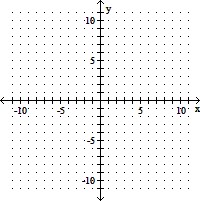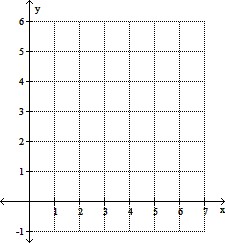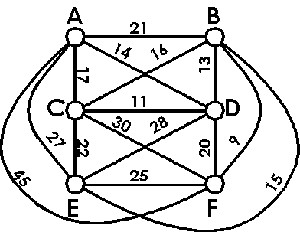Solve the system by graphing. 3x + 2y = 5-6x - 4y = 5
A. (1.5, -1)
B. (-1.5, -1)
C. (1, 1)
D. No solution
Answer: D
You might also like to view...
Replace the polar equation with an equivalent Cartesian equation.r = 
A.  +
+  = 1
= 1
B. 2y - 5x = 1
C. 2x - 5y = 1
D.  = 1
= 1
Answer the problem.Use the following function and a graphing calculator to answer the questions.f(x) =  + 0.9 sin x, [0, 2?]a). Plot the function over the interval to see its general behavior there. Sketch the graph below.
+ 0.9 sin x, [0, 2?]a). Plot the function over the interval to see its general behavior there. Sketch the graph below. b). Find the interior points where f' = 0 (you may need to use the numerical equation solver to approximate a solution). You may wish to plot f' as well. List the points as ordered pairs (x, y).c). Find the interior points where f' does not exist. List the points as ordered pairs (x, y).d). Evaluate the function at the
b). Find the interior points where f' = 0 (you may need to use the numerical equation solver to approximate a solution). You may wish to plot f' as well. List the points as ordered pairs (x, y).c). Find the interior points where f' does not exist. List the points as ordered pairs (x, y).d). Evaluate the function at the
endpoints and list these points as ordered pairs (x, y).e). Find the function's absolute extreme values on the interval and identify where they occur. What will be an ideal response?
For the graph below, use the nearest neighbor algorithm to find an approximate minimum Hamilton circuit and its weight, starting at the indicated vertex. Starting at D
Starting at D
A. D ? C ? B ? F ? E ? A ? D; weight = 102 B. D ? C ? B ? F ? A ? E ? D; weight = 99 C. D ? C ? B ? F ? E ? A ? D; weight = 99 D. D ? C ? A ? F ? E ? B ? D; weight = 102
Divide using synthetic division.x2 + 7x - 14 divided by x + 9
A. x - 4 + 
B. x + 2 + 
C. x - 2
D. x - 2 + 